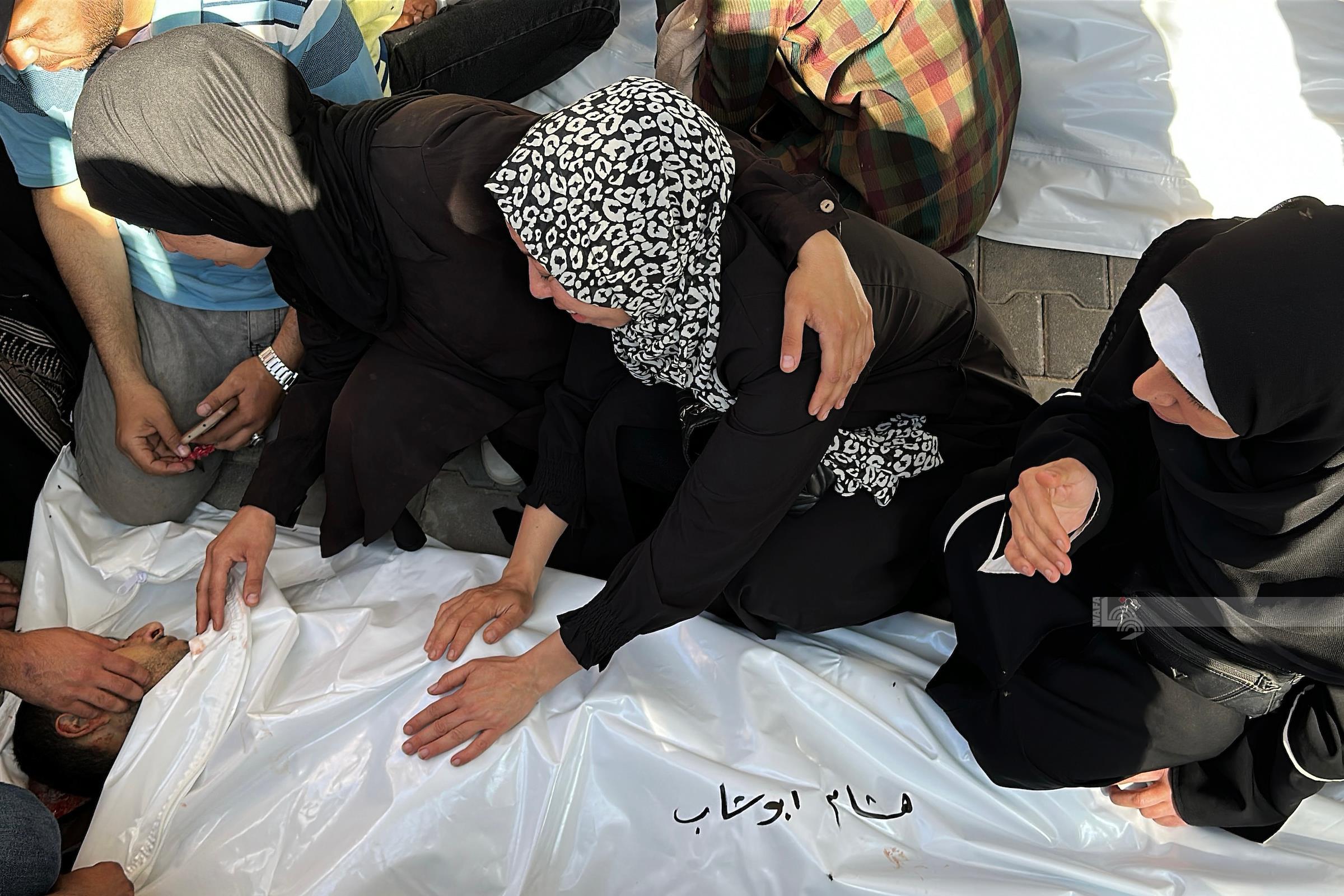By Jafar Sadaqa
RAMALLAH, Saturday, November 10, 2018 (WAFA) - In few weeks, the Israeli decision barring dealing with large cash in commercial transactions that exceed 11,000 Israeli shekels ($3000) will get into force, which may have big and immediate repercussions on the Palestinian economy.
While the Palestinian Monetary Authority (PMA) has been working for years to spare the Palestinian economy, especially the banking system, the anticipated repercussions of this measure, predictions, including those by the PMA, say that the Palestinian market is expected to see a wave of large shekel cash inflows, at least in the first stage.
The Israeli decision prohibits dealing with cash in commercial transactions, including payment of wages, in excess of 11,000 shekels and replacing it with electronic means of payment in order to combat tax evasion, money laundering, illegal trade and dealing with counterfeit money, not to mention reducing cost of managing cash transactions, which means accumulation of cash in the banks’ vaults.
With the weakness of modern means of payment in Palestine, in light of large daily transactions in Israeli currency, there is fear of large inflow of shekel into the Palestinian market, which already suffers from a large surplus of this currency.
"Palestinians deal with the shekel on daily basis either through Arab shoppers from inside the 1948 areas or the Palestinian workers in Israel,” said PMA Governor Azzam Shawa. “The use of shekel will surge as a result of the Israeli decision because it will be difficult to deal with the shekel surplus in Israel in the first stage.”
A few days ago, the PMA announced the launch of a new electronic system for inter-bank clearing to start at the beginning of 2019 along with the launch of an electronic business transaction system to be added to a set of regulations the PMA started to implement few years ago in order to speed up the cycling of capital and to enhance safety and security procedures in banking transactions, which, all combined, according to Shawa, "will help us reduce the accumulation of cash."
He said: “For us, we set standards and determinants for the banks in dealing with what is legal. In the first stage, we will all be understanding, but for us in Palestine, I believe that the standards we deal with every day will save us the burden of transferring cash to only our market because there is a law that has nothing to do with us."
The potential fears of the influx of shekels in large quantities as the new Israeli law goes into effect add to a present problem found in the accumulation of the Israeli currency in Palestinian banks as Israel stalls in transferring it to Israeli banks, contrary to its obligations under the Paris Protocol governing the economic relationship between Israel and Palestine.
Since 1994, the Israeli currency has been transferred through two Israeli government authorized banks: Hapoalim and Discount. Over the past two decades, the banks have stopped more than once dealing with Palestinian banks under the pretext of keeping correspondent banks abroad. Under pressure, the Israeli government gave these two banks two years ago immunity against any law suits that may be made against them in the so-called "financing of terrorism" as a result of their dealings with Palestinian banks and committed to compensate them for any losses that may result. But this did not rise to the level of the demands of the Palestinians for a total and comprehensive solution to the problem of the accumulation of shekels in Palestinian banks.
"We have recently reached a new mechanism with the Israeli Central Bank for the transfer of the shekel through the establishment of an Israeli government body that will take over this matter instead of Hapoalim and Discount banks," Shawa said. "We also agreed to raise the ceiling of money to be transferred from 300 million shekels per month to 1 billion. The ceiling will be raised again at a later stage, which I think will solve the problem once and for all."
While there is no precise figure for the amount of Israeli shekels in the Palestinian market, fixed and known sources say there is about 10 billion shekels that enter the treasury from the clearing house proceeds, transferred monthly at a rate of 800 million shekels, and about 13 billion shekels transfers of Palestinian workers in Israel at a rate of about one billion shekels a month, in addition to about 3 billion shekels annually from purchases by Palestinians from inside Israel and similarly Palestinian exports to Israel. This totals about 30 billion shekels annually.
Add to this deposits in Palestinian banks by Palestinians who carry the Israeli identity card from East Jerusalem or elsewhere. There is no official figure of their size, but they are not large for being subject to tight supervision by the PMA and the banks.
The most dangerous source, which is almost unknown, is the money that enters the Palestinian market in cash, mostly in the form of currency exchange at money changers without checking its source and which is eventually deposited in the Palestinian banks.
By simple calculation, the amount of shekels that entered the Palestinian market from the three clear and fixed sources, the revenues of clearing, workers‘ transfers and the purchases by Palestinians inside 1948 territory over 10 years were about 300 billion shekels, while what the PMA was able to transfer to Israel during the same period did not exceed 60 billion shekels. This gap between what is coming in and what is going out is expected to increase significantly with the start of the Israeli law on cash transactions.
M.K.










